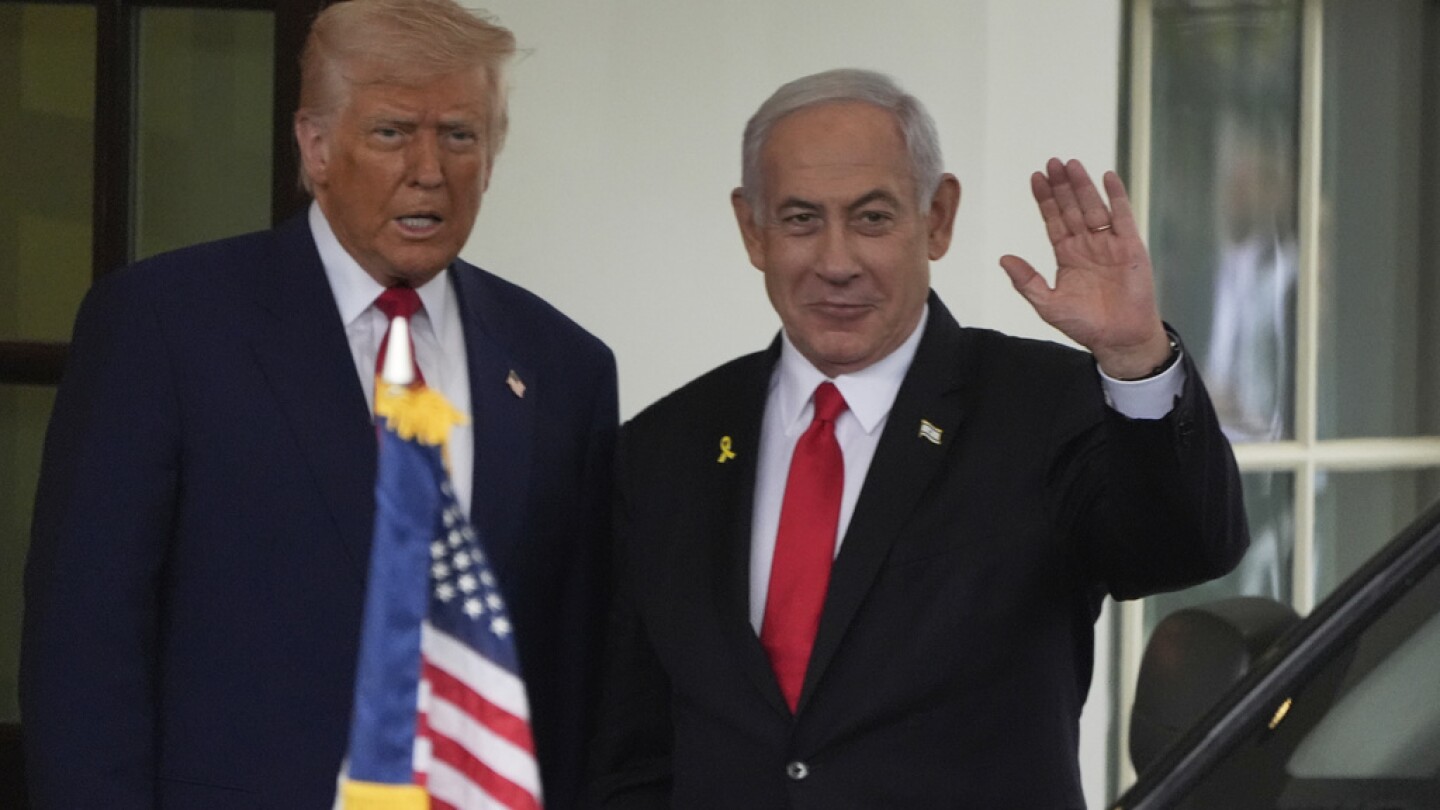Brian P.
Hey, Brian. Thanks for this question. You’re right. The Constitution gives Congress the responsibility of setting taxes and tariffs, but over the last century, lawmakers have ceded much of their power over import taxes to the president.
AP reporter Stephen Groves wrote about how Republicans in Congress are reacting to Trump’s tariffs. Here’s some of his reporting:
A handful of Republicans have rebuked Trump’s strategy as a foolhardy path that will burden U.S. households, but lawmakers’ struggle to act shows the divide among Republicans on trade policy, with a mostly younger group of Republicans fiercely backing Trump’s strategy.
Other Republicans were looking for roundabout ways to check the president’s power on trade policy. Sen. Chuck Grassley, a senior Republican from Iowa, introduced a bipartisan bill Thursday that would require presidents to justify new tariffs to Congress. Lawmakers would then have to approve the tariffs within 60 days, or they would expire.
Although Grassley emphasized that he had long been working on the idea, the timing of the bill was notable. It gave Republicans a chance to talk about their distaste for import taxes and raised the prospect of Congress clawing back some of its power over tariffs.
A handful of Republicans said they were favorable to Grassley’s proposal, though the idea of directly defying Trump seemed to squelch potential for quick action.
